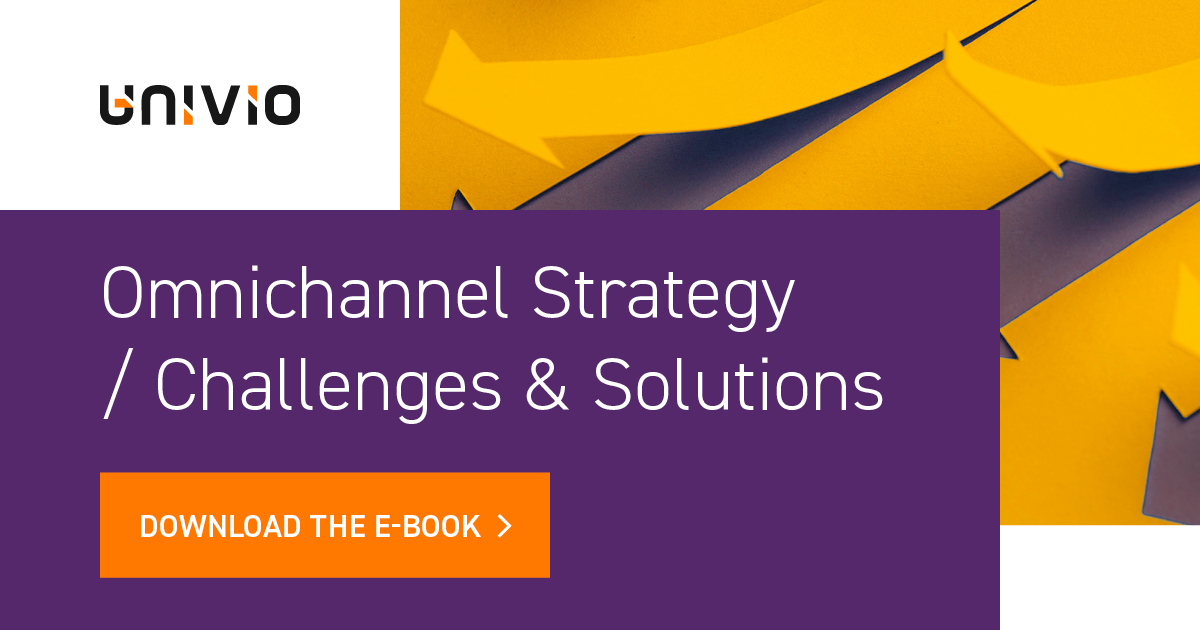Magento 1 to Magento 2: Don’t Delay The Migration
The last day of June 2020 marked the end of Adobe’s official support for Magento 1 (M1). What does this mean for companies that have online stores still using M1 and when should you consider migrating to Magento 2?
Magento Modules & Security
If June marked the end of official support, then it’s July that subsequently brought many changes in the use of Magento 1 support. One of the most important aspects is the last ever series of updates released by the manufacturer. To put this simply – even security patches will no longer be released. Together with the wider EOS (end-of-support), Adobe will not be responsible for the security of this system.
Another change is the approach to Magento 1 modules from the official marketplace. Purchase of these modules will be possible only from external suppliers, which in turn can raise concerns about their security because all modules available in the official Magento store are verified – this won’t be true for those sourced outside of the official marketplace. All extensions were available for download only until July 7th and their removal from the Magento repository will take place after August 6th 2020.
Data Migration Tool
The most important role in the migration process from Magento 1 to Magento 2 is data migration, and we can use the official Data Migration Tool from Magento. This is, of course, the safest way to carry out this process, especially since the Data Migration Tool is constantly developed and updated to the latest versions of the Magento platform.
However, while it is custom designed for Magento 2 migration, this is not a typical out-of-the-box (OOTB) tool. It requires some additional effort from us, especially if the shop running on Magento 1 has a lot of customization.
Advantages of Magento 2
Magento is one of the most popular platforms designed for e-commerce, which, thanks to its flexibility, allows you to create unique shopping experience for online customers.
If you’ve been using Magento 1 for a long time, it’s understandable that you might at first want to know what Magento 2 actually has to offer. Since you have to migrate anyway, this is an important time for companies to consider their options. Here’s why migrating from Magento 1 to Magento 2 brings more advantages than you think – it’s more than just an ‘optimized’ version of its predecessor.
Among the advantages of Magento 2, it is worth emphasizing:
- Better support from Adobe and a large community developing the platform and sharing their knowledge.
- It uses state-of-the-art technologies, such as PHP 7.2/7.3 (Magento 2.3), PHP 7.3/7.4 (Magento 2.4),
- PHP 7.0 and 7.1 both achieved “End-of-life”. (EOL) – these versions are no longer supported – so now would also be a good time to upgrade to a newer release as well.
- Better API support – easier integration with external services.
- Better support for PWA (GraphQL). Magento Progressive Web Applications Studio provides a full set of tools to maintain the frontend in Magento 2.3 and higher versions
- Optimization of database queries – a number of problems that occurred when re-indexing data Magento 1 have been solved in Magento 2.
- Search engine running on ElasticSearch – from Magento 2.4, this will be the default option and it will not be possible to run a search engine based on MySQL.
- Two-stage authentication – both in the Administrator Panel and for shop users, increasing overall security.
- Full Page Cache based on Varnishu OOTB
… And What Will Magento 2 Improve for You?
By migrating to Magento 2, we will gain much better opportunities for the development of our business and the ability to respond faster to market needs. It is also a chance to get rid of the technological debt that we had accumulated during our previous work with Magento 1. We will be able to easily implement new types of payments or, for example, utilize entirely new solutions, such as PWA. We will also see a significant improvement in the area of integration with external suppliers.
Not least of all, we will also gain an improved administrator panel – one that’s not only intuitive and convenient to navigate, but also shortens or streamlines numerous processes. This introduces a number of benefits, such as reducing the time spent managing products.
There are a lot of benefits to Magento 2, as it’s customizable and open nature means that, with the right development expertise, it can be configured to more exacting requirements. That’s why it’s used by both companies of various sizes, including McDonalds.
Of course, the implementation of Magento 2.0 also ensures a simple way to upgrade to the latest – and subsequent – versions.
Magento 1 to Magento 2 Is No Longer ‘Just’ An Option
In the era of dynamically developing e-commerce and increasing competition on the Internet sales market, the changing and updating of technology – in order to implement the digital transformation of sales for increased efficiency – is always a worthy consideration.
When it comes to technologies that provide a vita backbone of these operations, migrating isn’t just about the benefits of the newest system – it’s also removes the risks of staying on an outdated, unsupported system. Money is saved through both better efficiencies as well as the removal of traps and pitfalls in the future.
If you would like to learn more about the migration to Magento 2, please contact us and let us plan the development of your business together.








